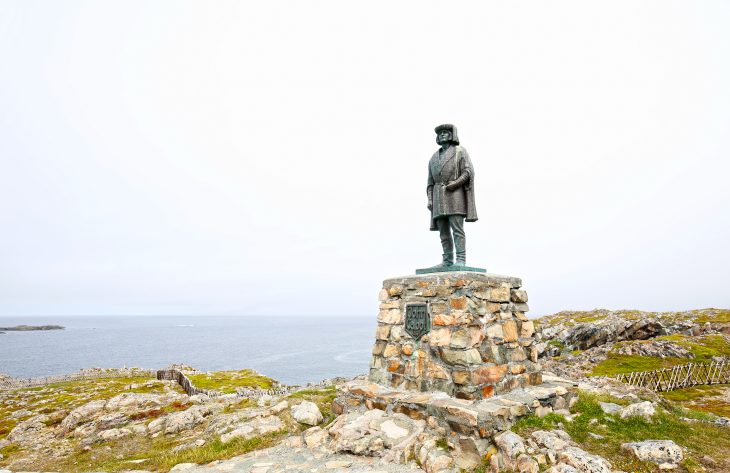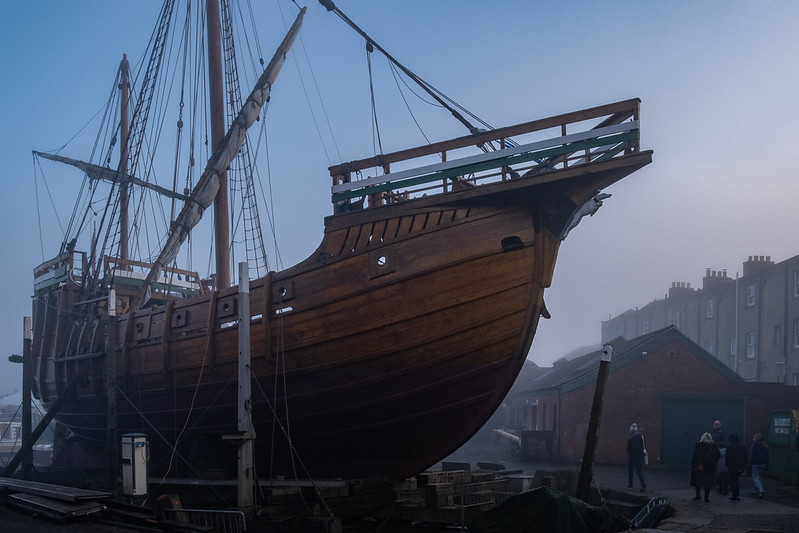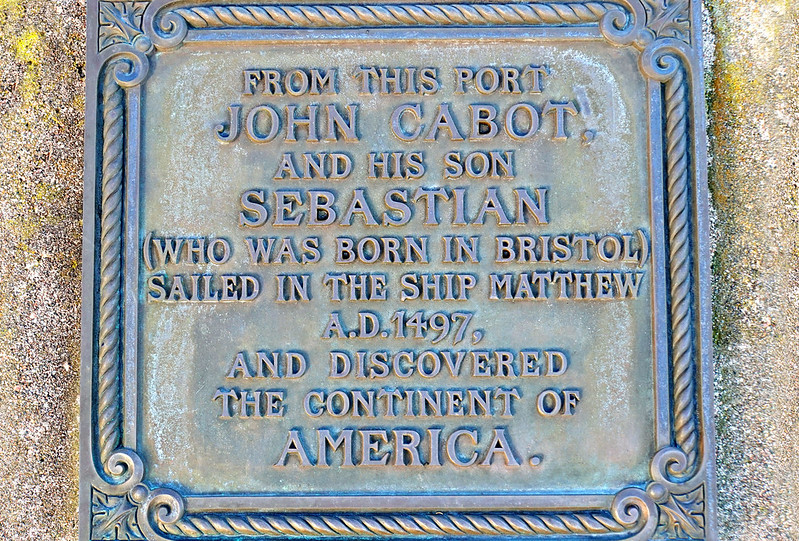
With his daring exploration of the eastern coast of Canada and North America, John Cabot was a 15th-century explorer with an adventurous spirit. Historians primarily refer to him as Giovanni Caboto and remember the essential contribution he made to mapping out parts of the world that were previously unknown. Even in death, his legacy continues because each year people celebrate landmarks associated with his life on both sides of the Atlantic. From his birthplace in Italy to places he explored across Canada and North America, here are 18 facts about John Cabot you can use to amaze your history nerd friends!
Italian Born, World Explorer
John Cabot was born in Genoa, Italy, around 1450. Despite his Italian roots, it was under the English flag that Cabot achieved his most significant feats of exploration.
Moving to Venice
Cabot moved to Venice in the early 1470s and gained citizenship there in 1476. This move would significantly influence his future, exposing him to Venice’s rich maritime traditions.
A Merchant by Trade
Before becoming an explorer, Cabot was a merchant, like his father. He traded in spices and jewels, often traveling to the Middle East and Africa.
The Move to England
When faced with financial difficulties, Cabot moved to England in 1495. Bristol, his adopted home, was a thriving maritime center, providing the perfect backdrop for his future voyages.
Inspired by Christopher Columbus
Cabot was inspired by the 1492 voyage of Christopher Columbus. However, he believed he could find a more direct route to Asia by sailing west across the North Atlantic.
The Matthew
In May 1497, Cabot embarked on his most famous voyage aboard a small ship called the Matthew. With a crew of just 18, the Matthew sailed from Bristol, England.

Discovering North America
On June 24, 1497, Cabot landed on the coast of North America, though the exact location remains a subject of debate among historians. Some suggest Newfoundland, while others propose Cape Breton Island or even Maine.
Cabot’s Claim
Upon landing, Cabot claimed the land for King Henry VII of England, making him the first explorer to claim land in North America for England.
The First English Voyage to the New World
Cabot’s 1497 voyage was the first by an English-sponsored explorer to the New World. It predates the voyages of famous English explorers like Sir Walter Raleigh and Captain James Cook by over a century.
Cabot’s Reward
Upon returning to England, Cabot was rewarded by King Henry VII with a pension of £20 per year – a considerable sum at the time.
A Second Voyage
In 1498, Cabot embarked on a second voyage, this time with a fleet of five ships. The goal was to discover Japan, but the voyage was fraught with difficulties.
The Disappearance of John Cabot
Cabot disappeared during his 1498 voyage and was presumed to have died at sea. The exact circumstances of his disappearance remain a mystery.

Cabot’s Legacy in England
John Cabot’s voyages provided England with a claim to North America. This set the stage for later English colonization, particularly in the 17th century.
The Cabot Tower
In 1897, a tower was erected in Bristol to commemorate the 400th anniversary of Cabot’s voyage. Known as the Cabot Tower, it stands as a testament to his legacy.
Cabot’s Impact on Native Populations
While Cabot’s voyages opened up new opportunities for European exploration and colonization, they also had profound and often devastating impacts on Native American populations.
The Cabot Trail
The Cabot Trail, a scenic highway in Nova Scotia, Canada, is named in honor of John Cabot. It winds around Cape Breton Island, one of the proposed landing sites of Cabot.
Cabot and the Cod
Cabot’s voyages led to the discovery of abundant codfish in the North Atlantic. This discovery would fuel an important industry for England and later, New England.
Remembering John Cabot
Today, John Cabot is remembered as one of the first European explorers of North America. His daring voyages into the unknown changed the course of history, opening up the New World to further exploration and eventual colonization.
Final Word
John Cabot was truly a man of history whose accomplishments have stood the test of time. His voyages marked much of the world unknown in his day and we are fortunate to still reap the benefits of his explorations today. He was a courageous man with an adventurous spirit who inspired generations to come. Every year, celebrations take place across the globe which honor his life and legacy as a renowned Italian explorer by recognizing important sites associated with Cabot’s adventurous expeditions. These landmarks will undoubtedly prove to be a beautiful reminder of an incredible life journey for centuries to come!
Was this page helpful?
Our commitment to delivering trustworthy and engaging content is at the heart of what we do. Each fact on our site is contributed by real users like you, bringing a wealth of diverse insights and information. To ensure the highest standards of accuracy and reliability, our dedicated editors meticulously review each submission. This process guarantees that the facts we share are not only fascinating but also credible. Trust in our commitment to quality and authenticity as you explore and learn with us.
